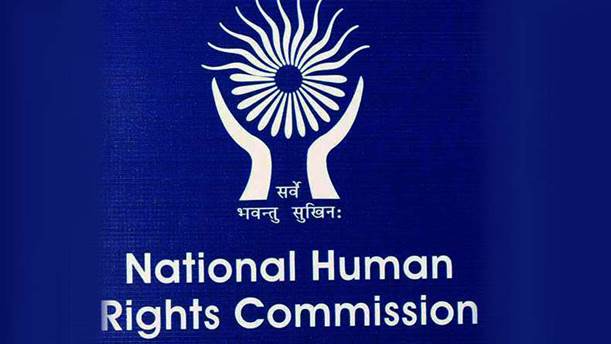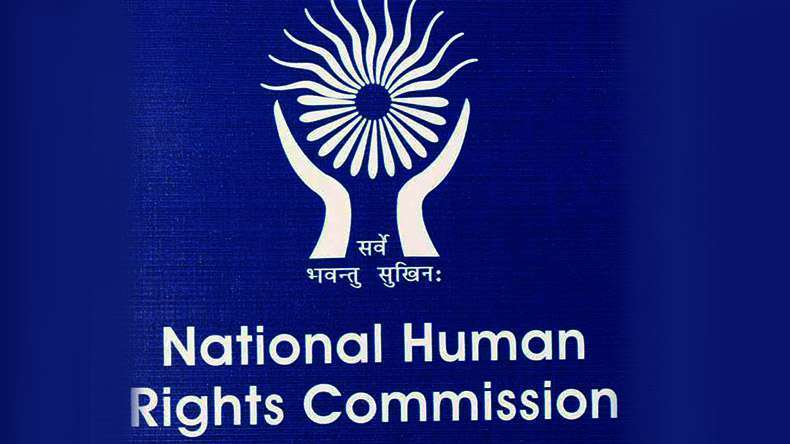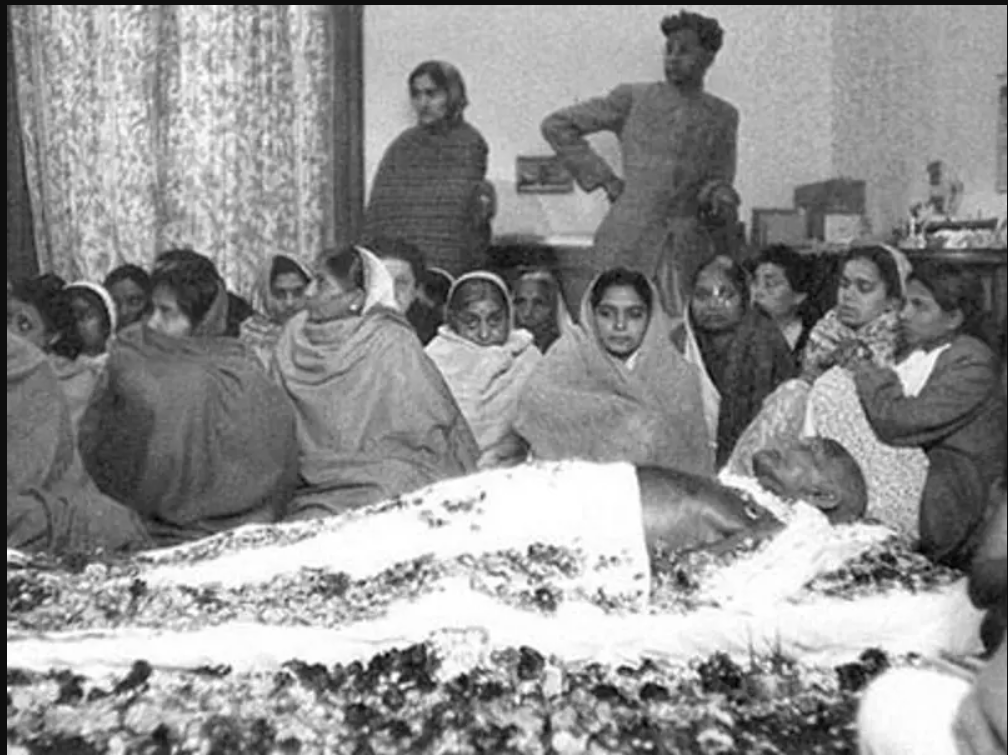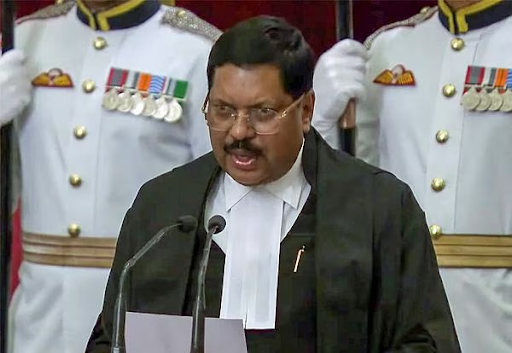Description

Copyright infringement not intended
In News
- The National Human Rights Commission (NHRC) has released guidelines to the Union, States and Union Territories to protect and promote the rights of truck drivers.
- NHRC stated that despite significant contributions to the nation’s economic development, truck drivers do not get adequate attention.
- The Guidelines aim to;
- Protect from exploitation.
- Ensure basic amenities.
- Provide Socio-economic security.
- Promote physical and mental well-being.
- Important Recommendations by NHRC;
- Amendment the Motor Vehicle Act, 1988, to provide mandatory accident cover of at least Rs 15 lakh each for the driver, co-driver and helper.
- Cashless medical treatment to drivers, co-drivers, and helpers injured or incapacitated in road accidents.
- Restrooms with parking areas, toilets, restaurants at reasonable rates, mechanic shops and doctors’ clinics every 40 km on National Highways and State highways.
National Human Rights Commission
- The National Human Rights Commission is a statutory body established in 1993 under the Protection of Human Rights Act, 1993.
- The commission works as the watchdog of human rights in the country.
Composition of the Commission
- The commission is a multi-member body consisting of a chairman and four members.
- The chairman should be retired chief justice of India, and members should be serving or retired judges of the Supreme Court, a serving or retired chief justice of a high court and two persons having knowledge or practical experience concerning human rights.
- In addition to these full-time members, the commission also has 4 ex-officio members;
- The chairman of the National Commission for Minorities.
- The National Commission for SCs.
- The National Commission for STs.
- The National Commission for Women.
- The chairman and members are appointed by the president on the recommendations of a 6-member committee consisting of;
- The Prime Minister is the head.
- The Speaker of the Lok Sabha.
- The Deputy Chairman of the Rajya Sabha.
- Leaders of the Opposition in both the Houses of Parliament.
- The Central home minister.
- The chairman and members hold office for a term of five years or until they attain the age of 70 years, whichever is earlier.
- The salaries, allowances and other conditions of service of the chairman or a member are determined by the Central government. But, they cannot be varied to his disadvantage after his appointment.
- After the tenure, the chairman and members are not eligible for further employment under the Central or state government.
- The President can also remove the chairman or any member on the ground of proven misbehavior or incapacity.
- However, in these cases, the president has to refer the matter to the Supreme Court for an inquiry.
- If the Supreme Court, after the inquiry, upholds the cause of removal and advises so, then the president can remove the chairman or a member.
Functions of the Commission
- Inquire into any violation of human rights or negligence in the prevention of such violation by a public servant, either suo motu or on a petition presented to it or on an order of a court.
- Intervene in any proceeding involving an allegation of violation of human rights pending before a court.
- Visit jails and detention places to study the living conditions of inmates and make recommendations.
- Review the constitutional and other legal safeguards for the protection of human rights and recommend measures for their effective implementation.
- Review the factors including acts of terrorism that inhibit the enjoyment of human rights and recommend remedial measures.
- Study treaties and other international instruments on human rights and make recommendations for their effective implementation.
- Undertake and promote research in the field of human rights.
- Spread human rights literacy among the people and promote awareness of the safeguards available for the protection of these rights.
- Encourage the efforts of non-governmental organisations (NGOs) working in the field of human rights.
- Undertake such other functions as it may consider necessary for the promotion of human rights.
- The Central government should inform the Commission of the action taken on the recommendations within three months.
- The commission submits its annual or special reports to the Central government and the state government concerned.
- These reports are laid before the respective legislatures, along with a memorandum of action taken on the recommendations of the commission and the reasons for non-acceptance of any of such recommendations.
Limitations of the Commission
- The functions of the commission are mainly recommendatory.
- No power to punish the violators of human rights, or to award any relief including monetary relief to the victim.
- Recommendations are not binding on the concerned government or authority.
- The commission has a limited role, powers and jurisdiction concerning the violation of human rights by the members of the armed forces.
https://epaper.thehindu.com/Home/ShareArticle?OrgId=GJL9VOJJ6.1&imageview=0
1.png)
https://t.me/+hJqMV1O0se03Njk9














